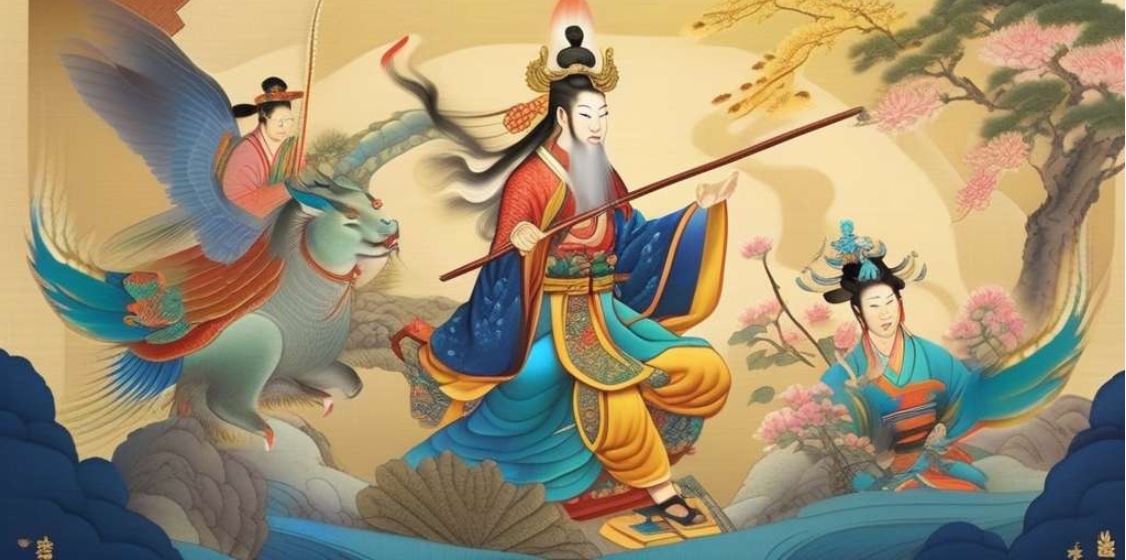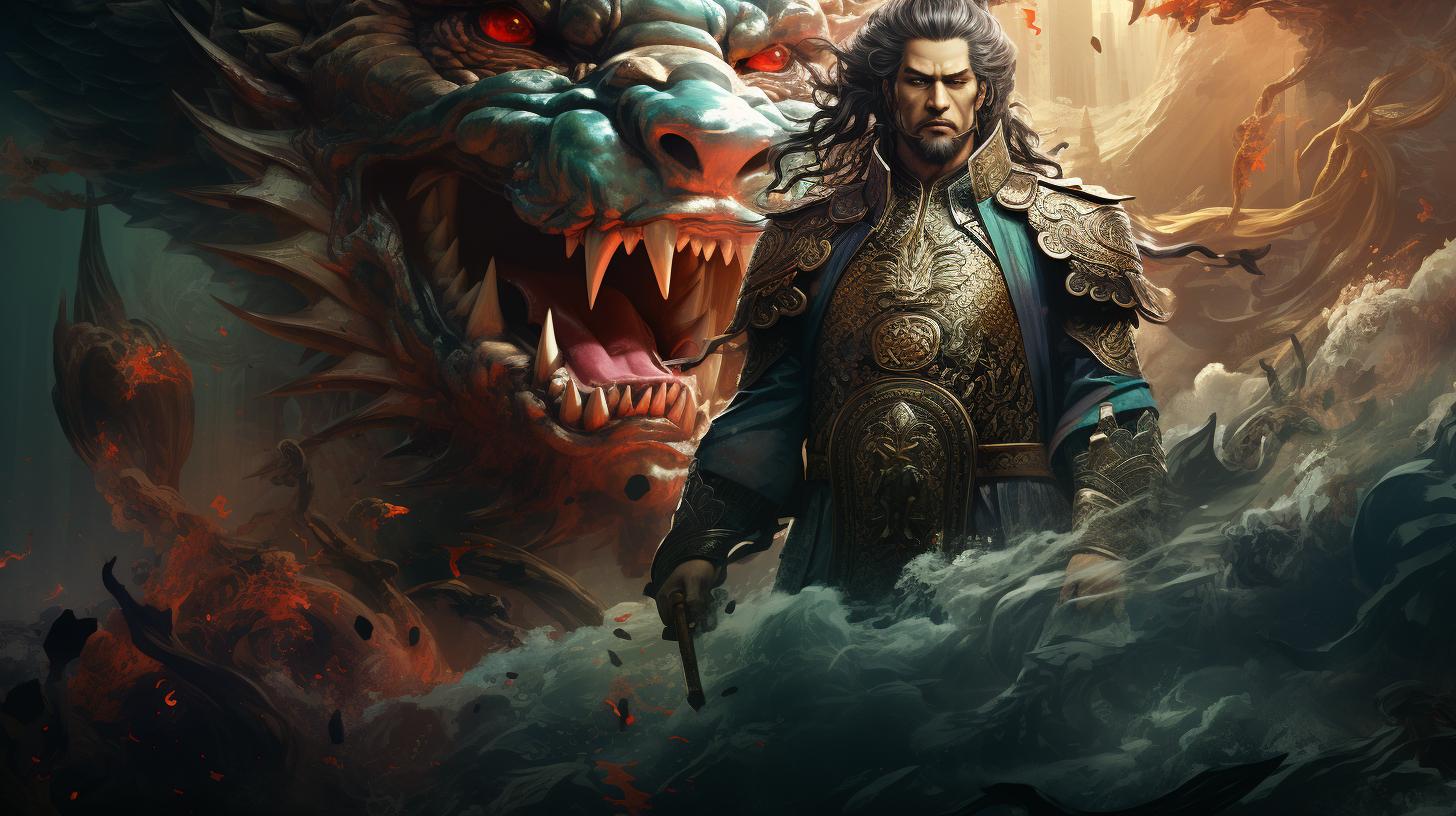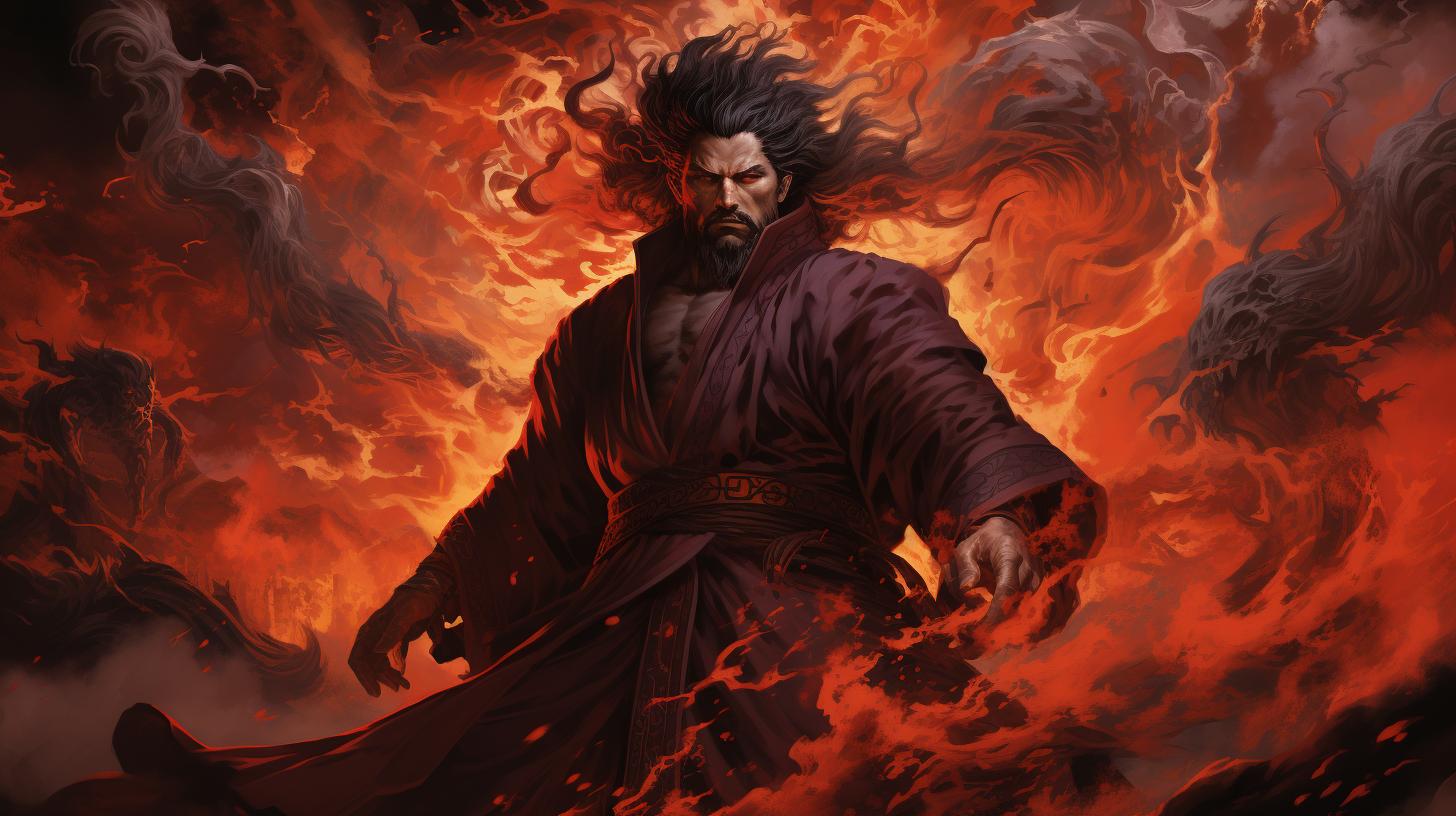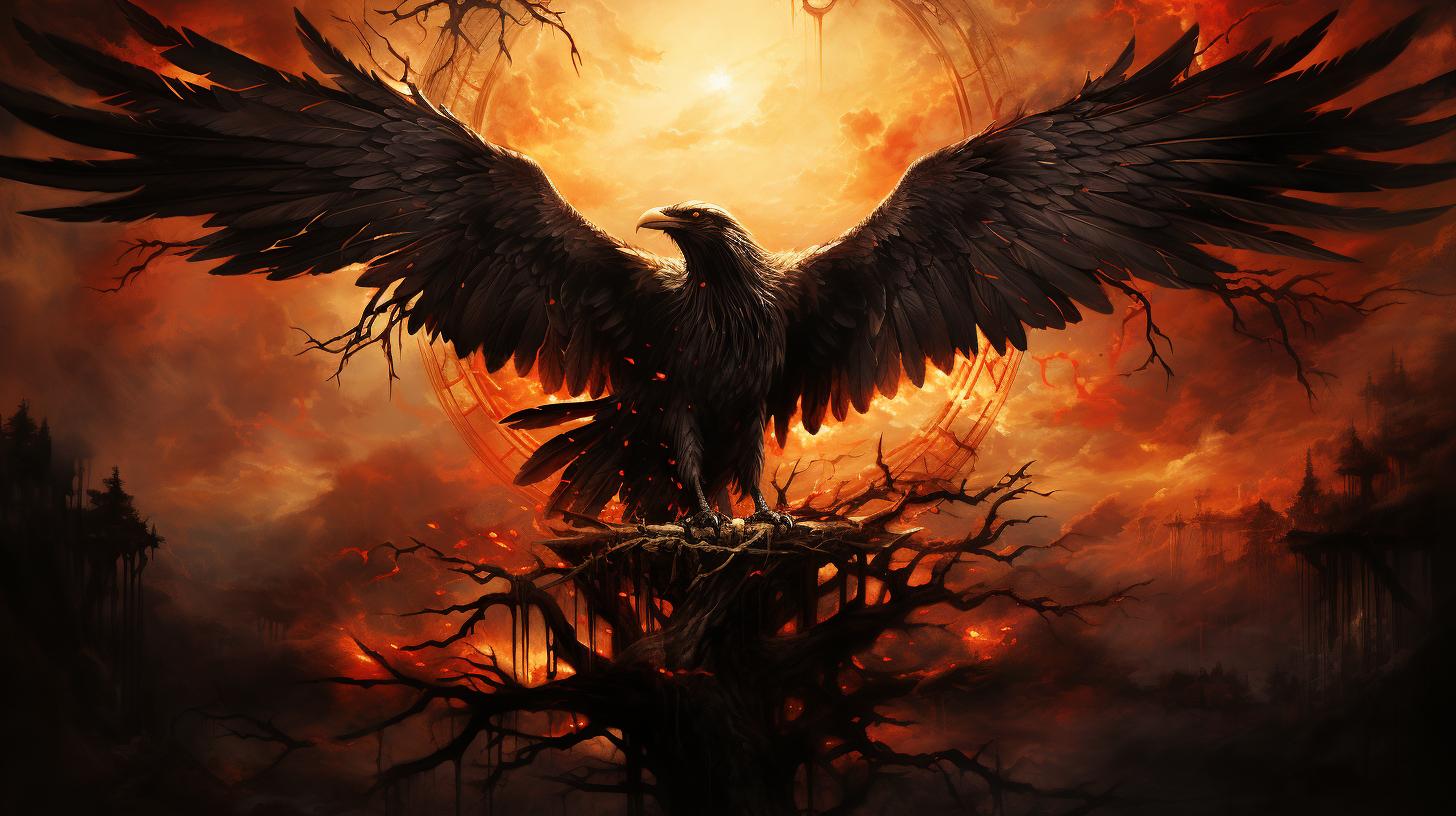Hwanung Myth: Unveiling the Ancient Korean Origin Story
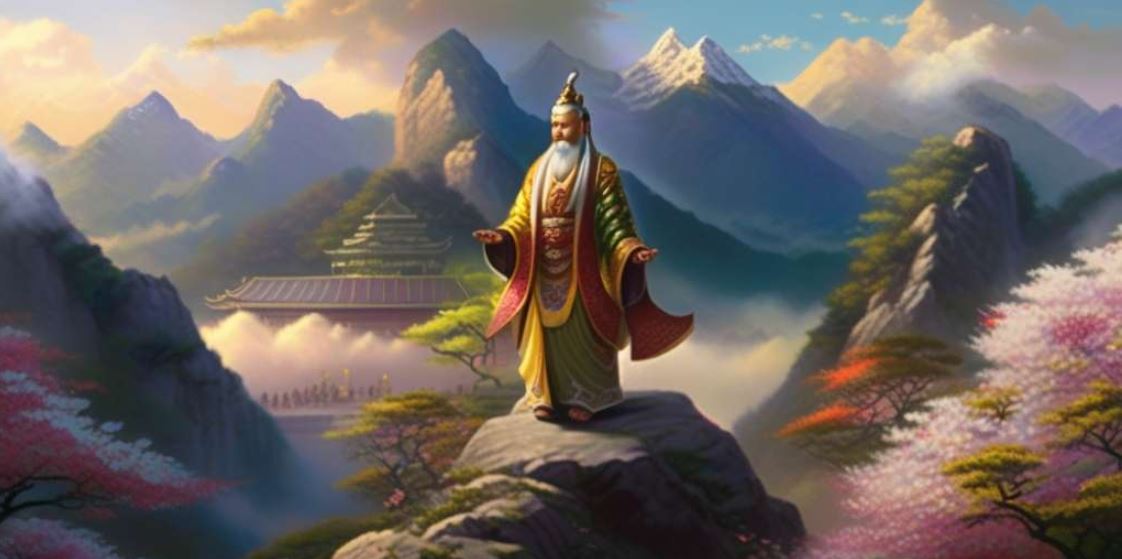
The Hwanung Myth is a fascinating ancient Korean origin story. It revolves around Hwanung, the son of Hwanin, the ‘Lord of the Sky.’ Hwanung sought permission from his father to descend to Earth and govern it, and his wish was granted.
Together with his followers, they established the sacred city of Sinsi on Mount Taebaek. The myth also involves a bear and a tiger who prayed to Hwanung to become human.
The tale continues with Dangun, the son of Hwanung and the founder of Gojoseon, the first Korean kingdom.
Gaecheonjeol, a national holiday, commemorates the foundation of Gojoseon. This myth has had a significant influence on Korean culture over time.
The Hwanung Myth: Exploring the Ancient Korean Origin Story
The Hwanung Myth is a captivating tale that unveils the intriguing origin of ancient Korean civilization.
This ancient myth involves a divine family, celestial descent, and the establishment of a sacred city. Let’s delve into the fascinating details of Hwanung, Sinsi, the transformation of the bear and the tiger, Dangun, and the significance of Gaecheonjeol in Korean culture.
The Legend of Hwanung and Hwanin
At the heart of the Hwanung Myth lies the story of Hwanung, the son of Hwanin, the revered ‘Lord of the Sky’. Hwanung, driven by a desire to govern the Earth, sought his father’s permission to embark on an extraordinary journey.
Upon receiving approval, Hwanung set foot on Earth, embodying a pivotal figure in Korean folklore.
Descending to Earth: Sinsi as the Sacred City
Hwanung, along with his divine entourage comprising the gods of rain, wind, and clouds, descended upon the majestic Taebaek mountain, also known as Baekdu Mountain. There, they established the sacred city of Sinsi, a place where Hwanung would rule over the land while nurturing the people’s education in diverse arts, medicine, agriculture, and justice.
Although the existence of Dangun and the exact date of Gojoseon’s founding are subjects of debate, the myth and the festive day continue to thrive within Korean culture.
Gaecheonjeol: Commemorating the Founding of Gojoseon
Gaecheonjeol, a significant national holiday in Korea, holds profound cultural and historical significance. It pays tribute to Dangun’s establishment of Gojoseon, serving as a reminder of the deep-rooted heritage and the nation’s origins.
The festivities during Gaecheonjeol aim to honor the mythological past while instilling a sense of unity and pride among Koreans, bridging the gap between ancient legends and present-day cultural identity.
Cultural Influences of the Dangun Myth in Korea
The myth of Dangun has left an indelible mark on Korean culture, permeating through time and influencing various aspects of society. It has spawned concepts like Hongik-ingan, which epitomizes a commitment to the betterment and well-being of humanity.
…….

